Lingonberry is a useful and widely known plant. In folk medicine, not only its berries are used, but also leaves, and even roots. Lingonberry leaves have many medicinal properties and are suitable for many patients, since they have very few contraindications to use. Lingonberry leaves are not inferior in therapeutic effect to many herbal remedies and medicines.
The composition of the leaves contains vitamins and minerals, flavonoids, acids, tannins, therefore, infusions and teas from this plant material are used both as a general restorative and as a medicine for various diseases. But, although herbal medicines are considered safe, it is worth studying the rules for using this raw material so as not to harm yourself.
Content
The chemical composition and general beneficial properties of lingonberry leaves
Lingonberry fruits and foliage contain a huge amount of valuable components for the human body, which determine the beneficial properties and contraindications for use:
- arbutin. Due to the high content of the arbutin component in its composition, lingonberry foliage is considered one of the most effective herbal remedies in the treatment of inflammation and infections in the genitourinary system. Plant components have an antiseptic effect, act on gram-positive and gram-negative pathogenic microorganisms. Lingonberry decoctions effectively treat staphylococcal and streptococcal infections;

Vitamins in Lingonberry Leaves - flavonoid compounds are responsible for the color and color of the fruits and leaves of the plant, but they also increase the body's defense against viral infections, allergens, and also prevent the accumulation of carcinogens and toxic elements in organs. The antioxidant properties of flavonoids protect cells from oxidation and the influence of free radical molecules on them;
- components of lycopene and vaccine - these pimenta are antioxidants that protect cells from destruction and death. Pigments are carotenoids whose deficiency provokes the development of diabetes mellitus and malignant neoplasms in the body;
- acids of organic origin - citric and malic, tartaric and quinic, salicylic and benzoic.
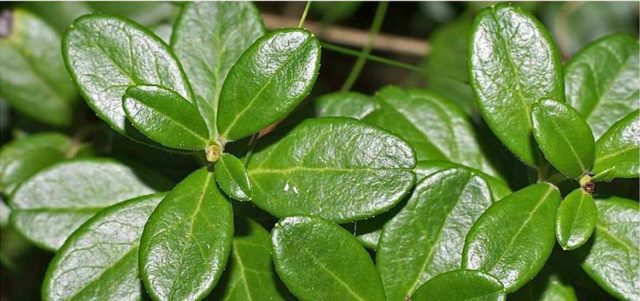
Deficiency of organic acids provokes in the body the destruction of the skin, the structure of the hair and nail plates, as well as disturbances in the functioning of the digestive system. - tannins have wound healing and antiseptic properties, cleanse the respiratory organs and urethral canals of pathogenic microorganisms, reduce inflammation, and accelerate the process of regeneration of mucous cells;
- vitamin complex - A, C, E, K, B vitamins - B1, B2, B3, B4, B5, B6, B9;
- mineral complex - potassium and calcium, phosphorus, iron and magnesium, fluorine, copper and zinc.
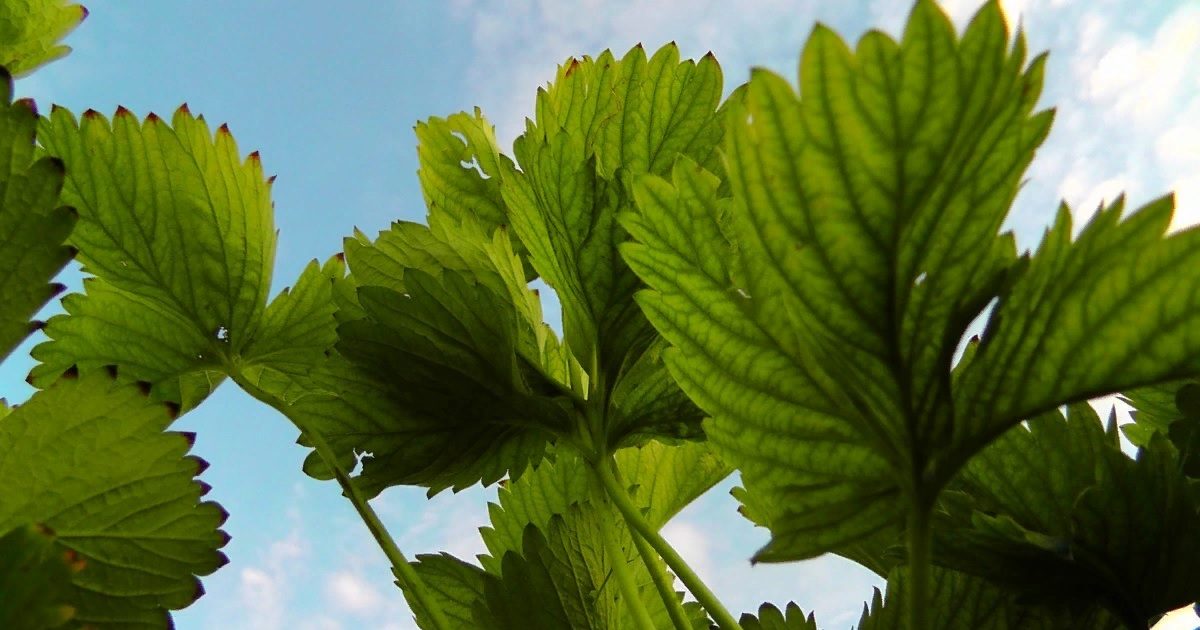 You may be interested in:
You may be interested in:What helps cranberry leaves?
To use the plant correctly, you need to know exactly what it helps and how to prepare medicines based on it. Lingonberry leaves are used in the treatment of such pathologies:
- as part of complex therapy for inflammation in the genitourinary organs - pyelonephritis, infectious inflammation in the bladder (cystitis), with the formation of stones in the urinary organs, with nephropathy in pregnant women, with inflammation of the prostate (prostatitis);
- in the treatment of dental infections - stomatitis, infectious periodontal disease, ulcerative destruction of the oral mucosa;
- in the treatment of diseases of the nasopharynx - tonsillitis of infectious origin, tonsillitis;
- as a therapy and prevention of pathologies of the myocardium and blood flow system - hypertension, violation of the rhythmicity of the myocardium, with weakness and fragility of blood vessels;
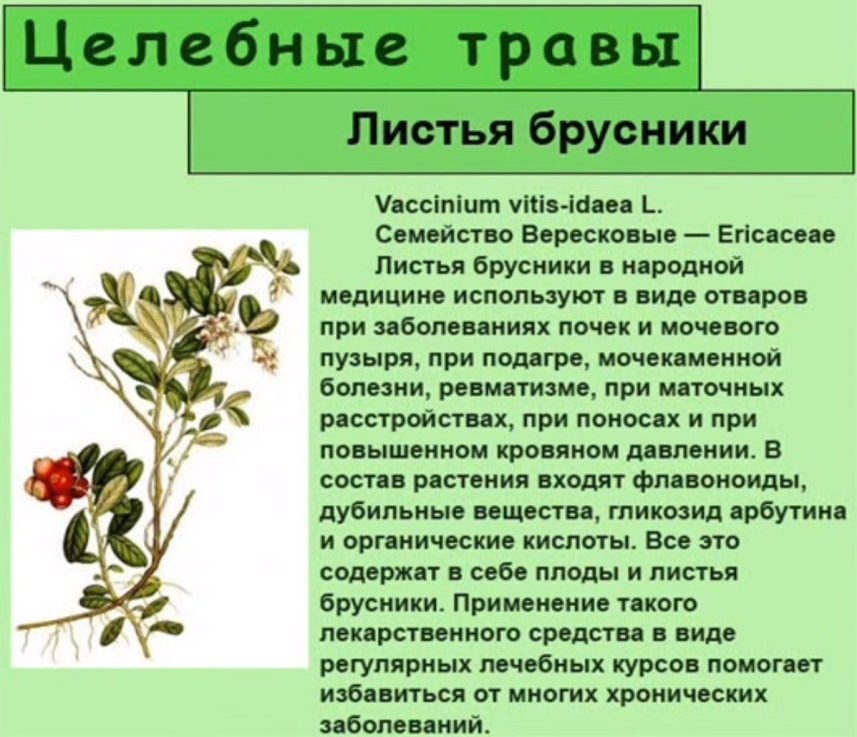
Healing properties of leaves - with pathologies of the digestive and respiratory organs (gastritis, impaired intestinal microflora, bronchitis, tonsillitis, acute respiratory viral infections and acute respiratory infections);
- in the treatment of viral diseases, including chickenpox and herpes;
- with impaired metabolism to regulate metabolic processes and restore lipid, carbohydrate and protein balance. It is prescribed in the treatment of diabetes, hypercholesterolemia and atherosclerosis.
Application for women
Women during menopause of lingonberry helps to cope with severe symptoms - intense flushing and nervousness, as well as reduce increased sweating and blood stasis in the system. Also, decoctions of the leaves are used for painful urination or when urine is retained in the body.
Benefits for men
Prostatitis is one of the most common pathologies in men after 40 years. This disease not only brings discomfort and pain in the pelvic organs, but also contributes to the development of impotence. Prostatitis develops due to both sexual and urethral infections, as well as due to low immunity, frequent hypothermia, from prolonged sexual abstinence, addictions.
Lingonberry foliage will help relieve a man of the symptoms of prostatitis due to such properties:
- diuretic effect with a disinfecting effect;
- anti-inflammatory effect and immunostimulating effect.
You need to drink lingonberry tea twice a day - for 200 ml of boiling water 12 g of crushed raw materials (leaves). Insist 10-15 minutes. Organic honey or sugar can be added.
Despite the medicinal properties of lingonberries, for men there are also contraindications for use:
- low pressure indicators;
- stone kidney disease, bladder.
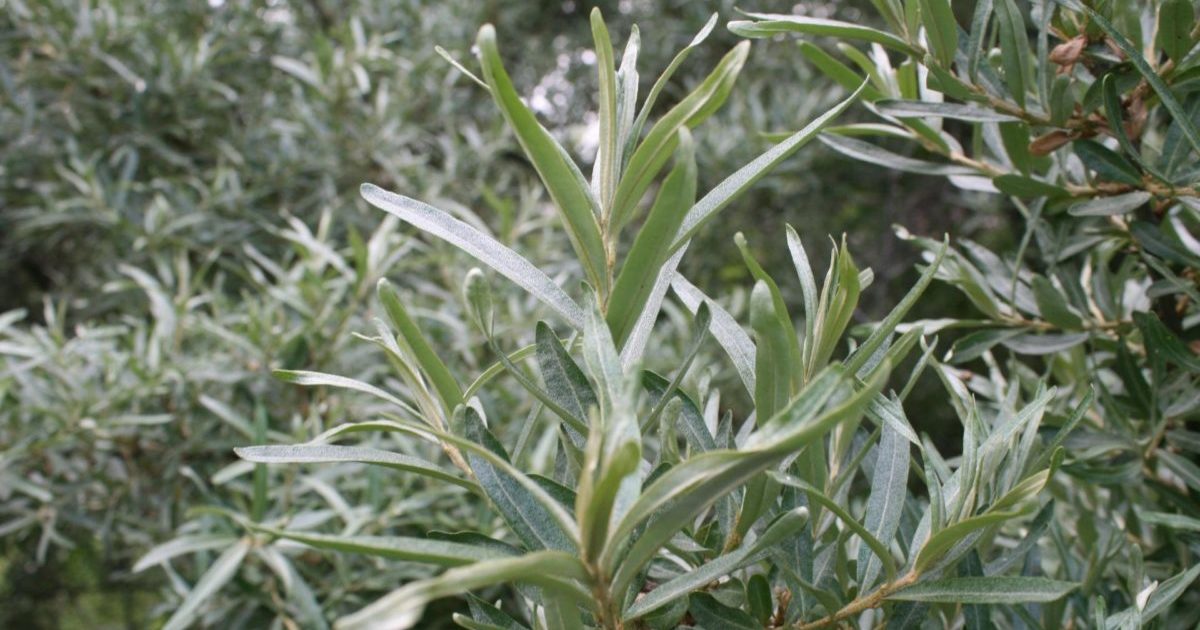 You may be interested in:
You may be interested in:The main contraindications and harm to the body
In order for the lingonberry foliage to benefit the body, and not cause harm, it is necessary to strictly adhere to the rules of admission and contraindications. You can not take leaves with:
- hypotension (leaves lower blood pressure index);
- allergies to the components of this plant;
- increased acidity of gastric secretion;
- kidney dysfunction.
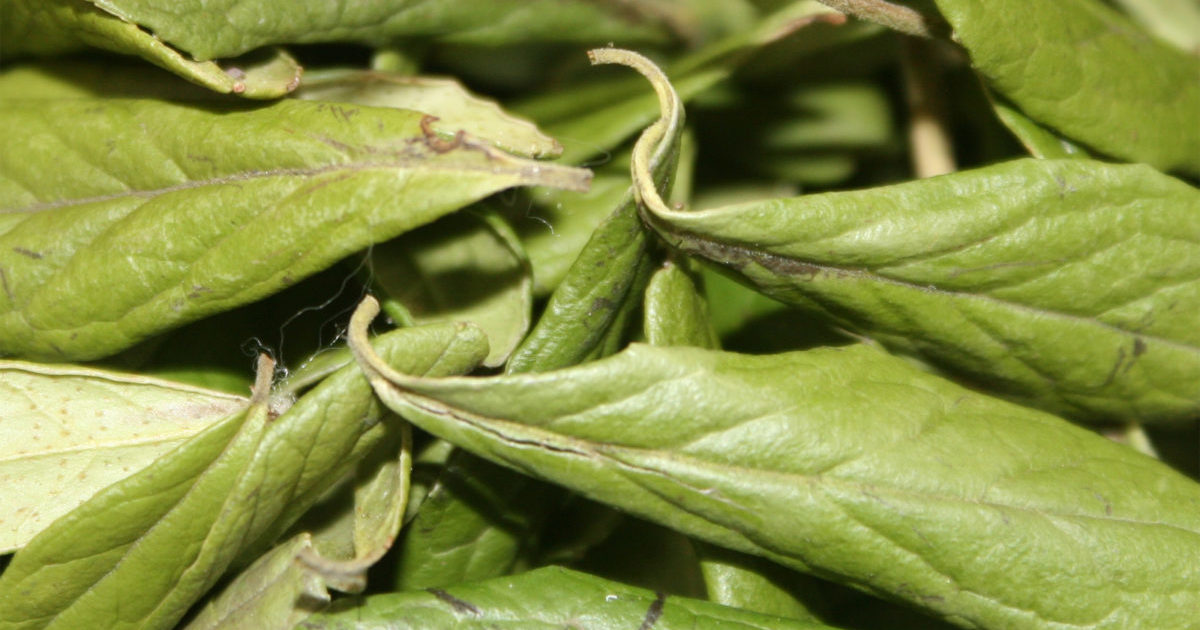
With low pressure and high acidity, there are no categorical prohibitions on the use of leaves of this plant in therapy, but it is necessary to be treated course-1-2 weeks with a monthly break.It is also necessary to monitor the condition of the body, if there is a negative symptomatology when taking the drug, then it is necessary to stop the course of therapy and consult a doctor.
How to take lingonberry leaves from edema
To eliminate puffiness, cranberry infusions and concentrated decoctions are most often used:
- 1 tsp leaves + 200 ml of boiling water;
- insist 30 minutes and filter;
- drink 50 ml four times a day, or twice 100 ml.
Ready-made tea is sold in the pharmacy chain to reduce puffiness in filter bags. You need 2 bags to fill in 100 ml of boiling water for 30 minutes. After insisting, squeeze the bags and add 100 ml of boiling water. Take four times a day for 2 tbsp. l
As a diuretic
The most powerful plant diuretic is precisely the foliage of a lingonberry bush. Concentrated infusions have a pronounced diuretic effect. For 200 ml of boiling water, take 20-25 g of foliage and insist in a thermos for 6-8 hours. The dosage and frequency of administration are determined by the doctor based on the pathology and the degree of its progression.
During pregnancy
During pregnancy, swelling can accompany a woman in all 3 trimesters. Edema in the late stages of bearing a child is especially often manifested. An infusion of leaves of a lingonberry bush from edema during pregnancy is prepared as follows:
- 1 tsp dry leaves + 200 ml of boiling water;
- insist 20-30 minutes and filter.
In addition to puffiness during pregnancy, other pathologies also appear, in which it is necessary to take an infusion of lingonberry leaf plates:
- with an increase in the glucose index in the blood;
- to strengthen immunity in viral pathologies;
- for the treatment and prevention of colds;
- with hyperthermic syndrome.
Reviews of doctors and patients about the use of edema during pregnancy
Reviews about the leaves of lingonberry bush are mixed. Some pregnant patients literally escaped with this remedy, while others noted a low effectiveness of herbal remedies and increased allergenicity:
Angelica, 23 years old: “Lingonberry didn’t help me at all, either in the treatment of cystitis or in the reduction of puffiness. I treated edema in the 3rd trimester of pregnancy with Kanefron. He helped me. ”
Maria, 29 years old: “Tea with leaves of lingonberry bush helped me in all trimesters, and now I drink 200 ml of lingonberry tea three times a day with the first symptoms of cystitis or with swelling.”
Anna, 30 years old: “My edema is constant, at the end of the day I don’t get into shoes at all, lingonberry decoctions do not help me at all, I try to treat puffiness with cranberry juice.”
Victoria, 33 years old: “I had terrible edema in all 3 pregnancies. During the first pregnancy, I took Kanefron, and in the second and third I am saved by cowberry broths. They not only reduce swelling, but also replenish the body with healing components. ”
Natalia Sokolova, obstetrician-gynecologist: "Use of herbal remedies from lingonberries during pregnancy should be used with caution in order to avoid the development of allergies, which most often develops in pregnant women."
Rules for the use of lingonberry leaves for various diseases
Rules for the use of herbal remedies based on lingonberry foliage for various pathologies:
- therapy with therapeutic infusions or decoctions is carried out course;
- for adjunctive treatment for inflammation in the respiratory organs, inhalations with concentrated decoctions can be performed;
- with urogenital pathologies, it is recommended to use lingonberry infusions for douching;
- lingonberry juice lowers blood pressure and has a beneficial effect on the epidermis, so it is added to masks to treat facial skin;
- decoctions of dry foliage are used to treat dandruff and strengthen hair follicles;
- tea from leaflets and cranberries is recommended to drink daily for weight loss;
- dry leaves can be added to the dish as seasonings.
From high blood pressure
50 g of leaves and lingonberry inflorescences + 500 ml of water. Cook over very low heat for 20-25 minutes. Insist 5 hours and filter. Take 100 ml three times a day.
From gout
100 g of dry leaves + 2500 ml of boiling water. Insist 2 hours in a thermos. After filtration, add 200 ml of vodka to the infusion and put on a very low heat for 15 minutes. Drink 100 ml three times a day 20-30 minutes before eating.
With kidney disease
For the treatment of renal pathologies, you can apply such an infusion - 10 g of lingonberry foliage + 100 ml of boiling water. Stand for 2 hours and filter. Drink three to four times a day for 1-2 tbsp. l
With cystitis
With inflammation in the bladder, you need to take 1 tbsp. l leaves chopped in 200 ml of boiling water. Insist 60 minutes and filter. Drink 100 ml twice a day 20-30 minutes before meals.
With cholelithiasis
With stones in the gallbladder or with cholecystitis, it is necessary to make such a decoction:
- 2 tbsp. l leaflets + 200 ml of boiling water;
- boil in a steam bath for 30 minutes and insist 60 minutes;
- filter and use twice or thrice a day, 70-100 ml.
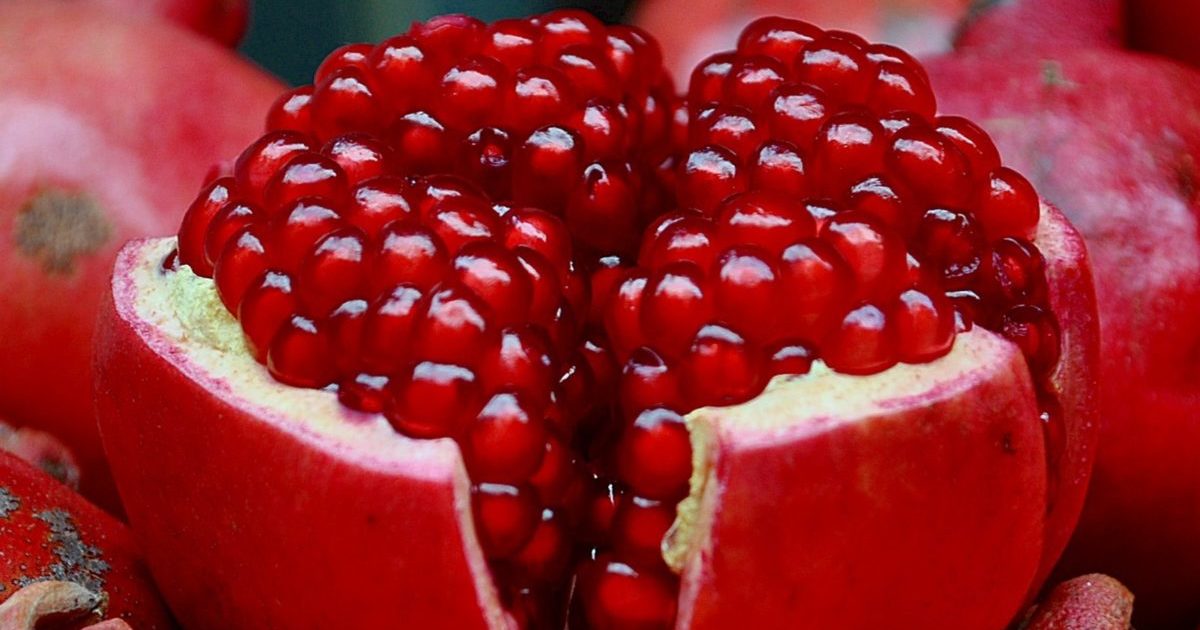 You may be interested in:
You may be interested in:With rheumatism
Using a leaf of a lingonberry bush blinks to remove uric acid, which is the cause of almost all articular pathologies. Broth Recipe:
- 1 tbsp. l crushed dry leaves;
- 500 ml of water;
- cook on low heat for 15 minutes;
- let it brew for 3-4 hours and filter;
- drink 5 times a day for 100 ml.
With uterine bleeding
To reduce bleeding from the uterus, you can use this recipe:
- 3 tbsp. l shredded leaves + 500 ml of water;
- simmer for 10 minutes and let the broth cool;
- after cooling, filter the liquid;
- divide the volume into 6-8 receptions. Therapeutic course - 3 days.
Reviews
Reviews about the use of cranberry leaves from edema are positive, many other diseases, according to patients, are also well amenable to such treatment:
Alexander, 53 years old: “I have impaired kidney function, and also prostatitis, so swelling in the lower extremities is not a rare occurrence for me. I used to take diuretics, but they negatively affect the heart and remove minerals from the body. Throughout the year I take lingonberry infusion. Its effectiveness is not lower than that of medicines, and the benefit is higher, and without side effects. "
Barbara, 31 years old: “In both the first and second pregnancies, I was saved from edema only by phytopreparations. In the first pregnancy, I drank lingonberry tea, in which the swelling went away instantly, but in the second pregnancy, tea did not help me. In the later stages I had to give up tea from leaves of lingonberry and switch to cranberry and cranberry juice. The swelling is gone. ”
Common questions
Lingonberry leaves are a plant diuretic, which is actively used in alternative medicine for edema, inflammation and infectious diseases. It is worth taking into account the presence of contraindications to this tool and do not use it without consulting a doctor.

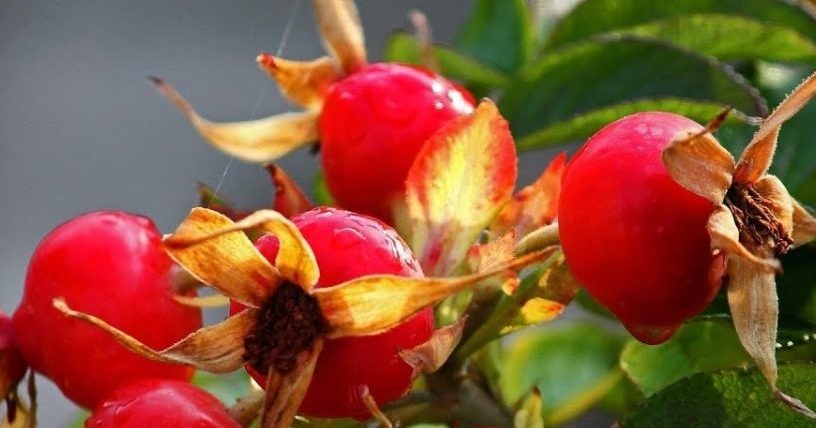
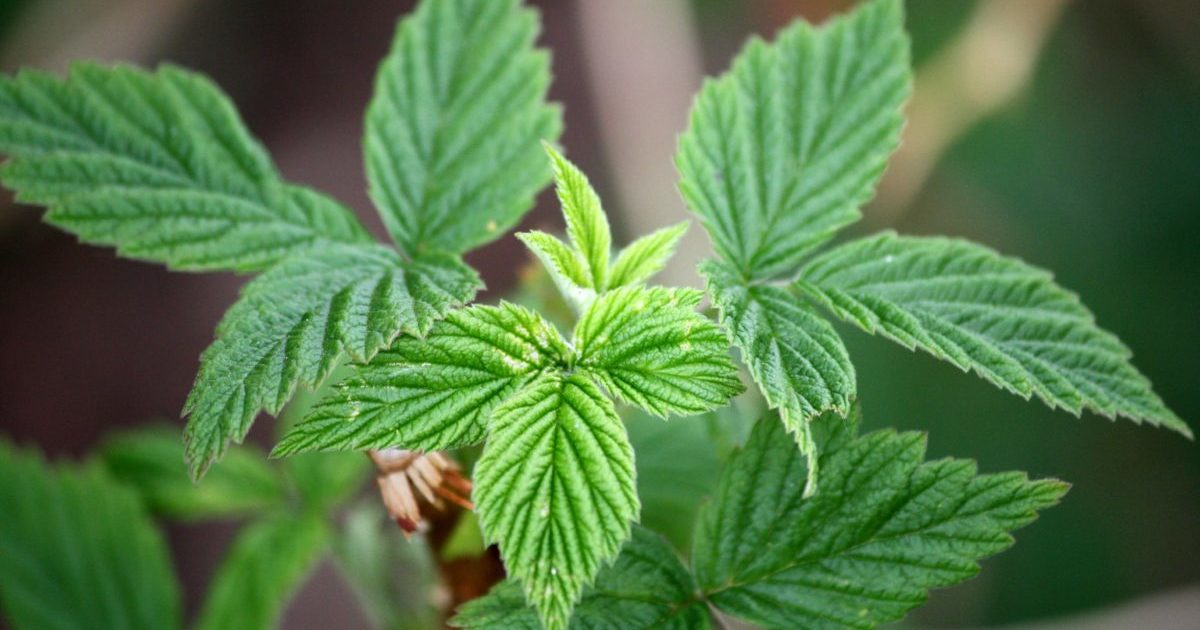
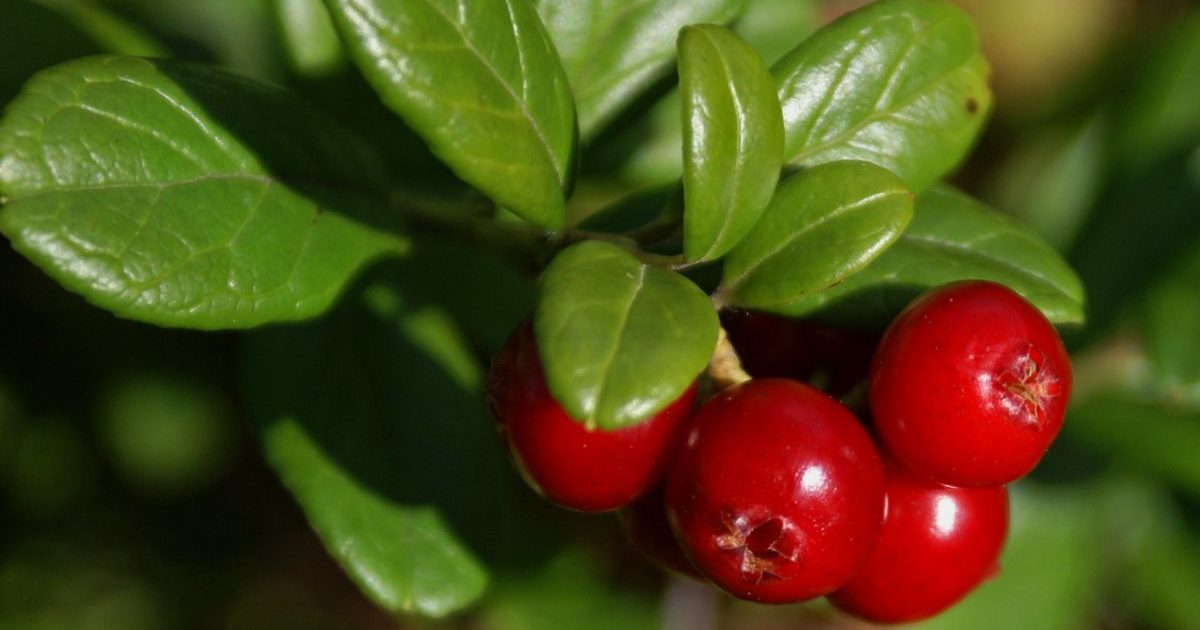
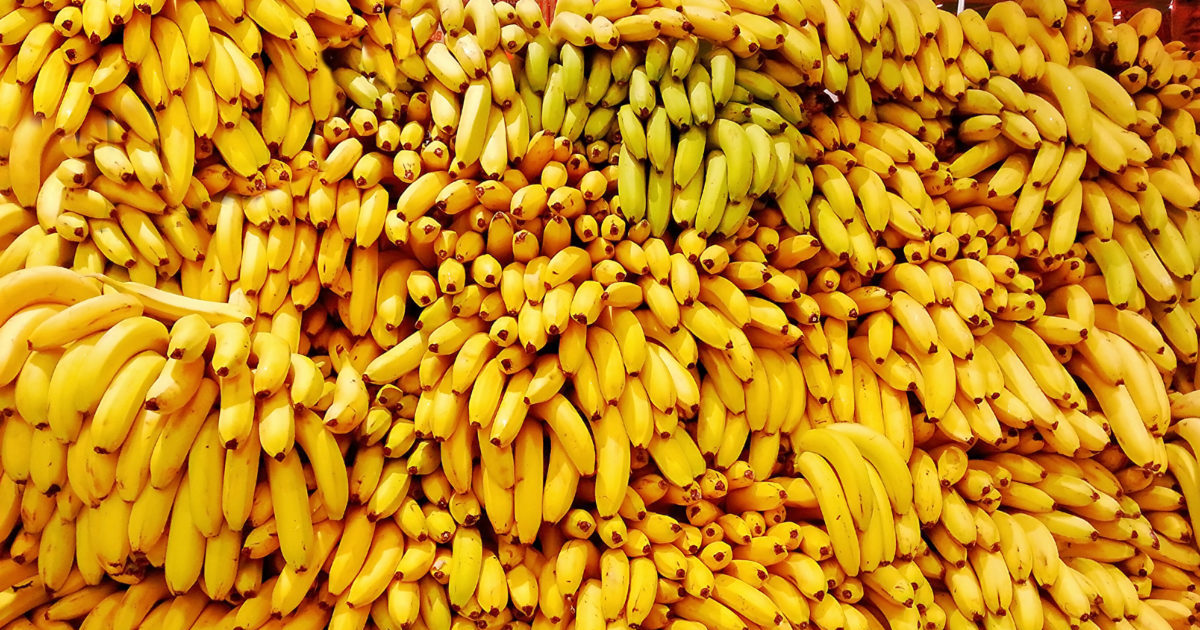 Banana - health benefits and harms, properties and contraindications
Banana - health benefits and harms, properties and contraindications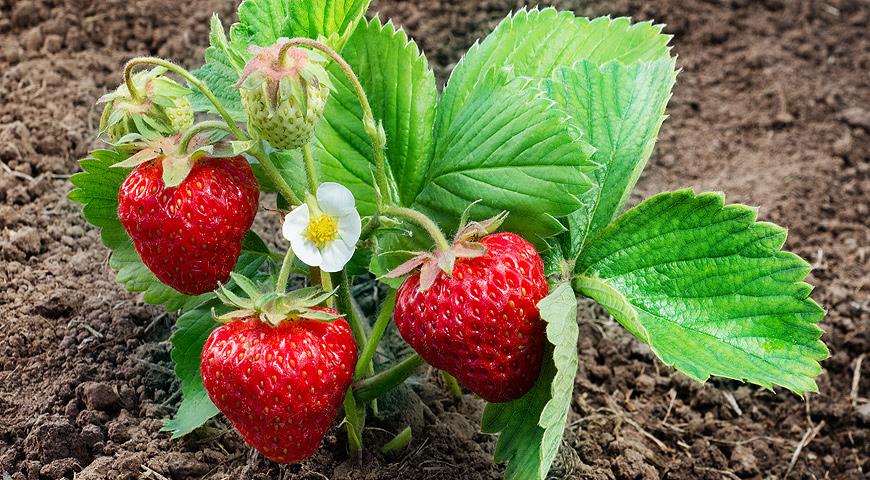 Wild strawberries! How to choose the perfect variety and grow it right?
Wild strawberries! How to choose the perfect variety and grow it right?